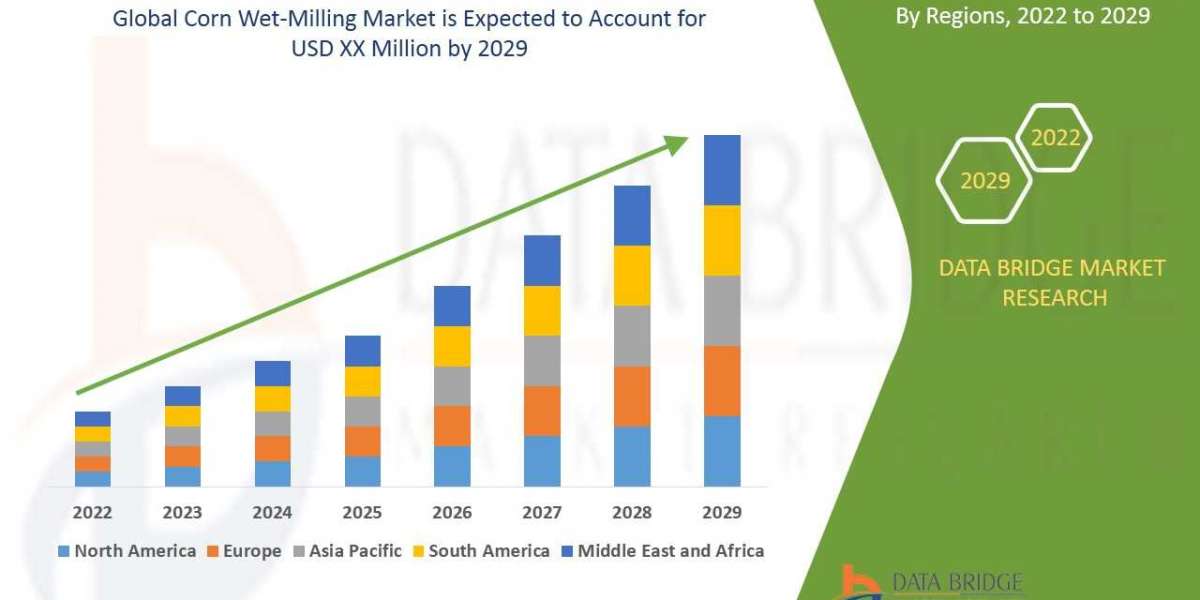In the dynamic world of events, where innovation meets necessity, the rise of hybrid and virtual event management has become a transformative force. As businesses adapt to a digital-first mindset and the landscape of work evolves, the events industry is at the forefront of embracing cutting-edge technologies. This article explores the pivotal role played by hybrid and virtual event management in reshaping the way we connect, engage, and share experiences in both physical and digital realms.
The Emergence of Hybrid Events:
Hybrid events represent a convergence of the physical and virtual worlds, offering a flexible and inclusive approach to event planning. These events seamlessly blend in-person and online experiences, catering to attendees who may be present on-site or participating remotely. The hybrid model provides a solution to the challenges posed by geographical constraints, travel restrictions, and the need for increased accessibility.
1. Flexibility and Inclusivity:
Hybrid events break down barriers, allowing participants to choose their preferred mode of attendance. Attendees can join sessions, keynotes, and workshops either in person or virtually, ensuring that geographical location is no longer a limiting factor. This flexibility promotes inclusivity and widens the reach of events, fostering a more diverse and global audience.
2. Cost-Effective Participation:
By offering virtual attendance options, hybrid events reduce the financial burden on participants who would otherwise incur travel, accommodation, and related expenses. This cost-effective approach not only makes events more accessible but also attracts a broader range of attendees, including those who might have hesitated due to budget constraints.
3. Enhanced Analytics and Insights:
Hybrid event management platforms come equipped with robust analytics tools. Organizers can gain valuable insights into attendee behavior, preferences, and engagement levels for both virtual and in-person participants. This data-driven approach empowers event planners to tailor future experiences based on real-time feedback and audience interaction.
The Rise of Virtual Event Management:
While hybrid events bridge the gap between physical and virtual spaces, dedicated virtual event management takes the digital experience to new heights. Virtual events offer a fully immersive and interactive platform where participants can engage with content, speakers, and each other in a virtual environment.
1. Immersive Virtual Environments:
Virtual event management platforms create lifelike digital spaces that replicate the feel of physical venues. Attendees can navigate through virtual halls, visit exhibitor booths, and interact with sponsors and fellow participants using avatars. The immersive environment goes beyond traditional webinars, providing a rich and engaging experience.
2. Customization and Branding:
Virtual events allow for extensive customization, enabling organizers to tailor the virtual space to match their brand identity. From branded booths to personalized avatars, the level of customization enhances brand visibility and reinforces the event's identity, creating a cohesive and memorable experience.
3. Networking and Interaction:
Virtual event platforms prioritize networking and interaction, offering features such as one-on-one video chats, group discussions, and virtual business card exchanges. Attendees can forge meaningful connections in a digital space, replicating the spontaneous interactions and networking opportunities that are a hallmark of traditional in-person events.
4. Comprehensive Content Delivery:
Virtual event management ensures a seamless delivery of content through features like live streaming, on-demand sessions, and interactive elements such as polls and Q&A sessions. The ability to provide a variety of content formats enhances the overall event experience, catering to diverse learning preferences and interests.
Conclusion:
The marriage of hybrid and virtual event management is reshaping the events landscape, offering a dynamic and future-ready solution to the evolving needs of businesses and participants alike. As organizations embrace the flexibility and inclusivity offered by hybrid events and the immersive experiences facilitated by virtual event management, the events industry stands at the forefront of innovation.
The key to successful event management in the digital age lies in understanding the unique advantages and capabilities of both hybrid and virtual models. Whether bridging physical and virtual spaces or creating entirely digital experiences, the evolution of event management is a testament to the industry's resilience and adaptability. As we navigate the future, the synergy between hybrid and virtual event management will continue to redefine how we connect, collaborate, and celebrate shared experiences in a rapidly changing world.








